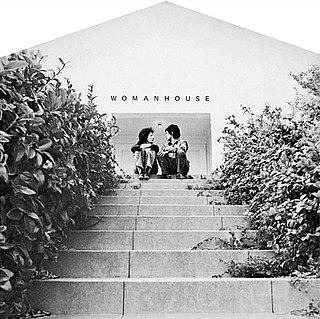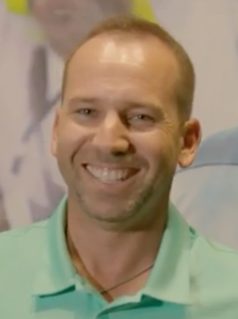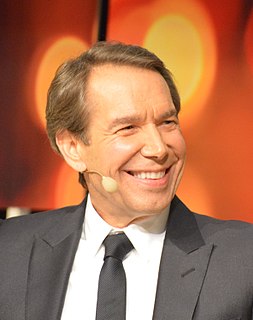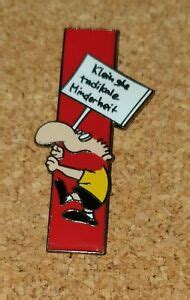A Quote by Miriam Schapiro
We really didn't have any literature telling us it was a good thing to be a woman artist. When I was trained, there were no precedents, and that was something to get really angry about.
Related Quotes
I thought that the behavioral and some of the profiling stuff was interesting. The thing that I was most interested in, and the thing that we were really adament about, was let's get these guys who were there on tape, or in some kind of way, telling what happened. No one has really talked to them all.
You really, really feel like you have no control [participating in franchise] . I mean, it's a huge juggernaut, especially when something becomes part of the cultural landscape in a way as well. It's really scary because you get trapped and you get scared of changing, which is the worst thing that can happen if you want to be any kind of artist.
I remember sitting in this pool hall with Stone and Chris and we watched - this really old, really classic pool hall - and we were sitting there and it was really rainy out and George Bush came on and started telling us about the [Gulf] war and that we were going and, and the whole thing, and there's part of that in it, when we talk about "I don't question our exsistence / I just question, our modern needs.
Why was the painting made? What ideas of the artist can we sense? Can the personality and sensitivity of the artist be felt when studying the work? What is the artist telling us about his or her feelings about the subject? What response do I get from the message of the artist? Do I know the artist better because of the painting?
First of all, I would tell any young woman who's interested in politics to get in touch with herself first and really, really determine if this is what she wants to do - and not do it just because it may be the thing at the moment. What do you care about? What is it that moves you? What would you like to change? What would you do if you were in this situation?
What an artist does, is fail. Any reading of the literature, (I mean the literature of artistic creation), however summary, will persuade you instantly that the paradigmatic artistic experience is that of failure. The actualization fails to meet, equal, the intuition. There is something "out there" which cannot be brought "here". This is standard. I don't mean bad artists, I mean good artists. There is no such thing as a "successful artist" (except, of course, in worldly terms).
In my profession it isn’t a question of telling good literature from bad. Really good literature is seldom appreciated in its own day. The best authors die poor, the bad ones make money — it’s always been like that. What do I, an agent, get out of a literary genius who won’t be discovered for another hundred years? I’ll be dead myself then. Successful incompetents are what I need.
Everybody has a different idea of when those good old days were, but everyone is convinced that there was a time when literature really mattered and that it doesn't now. They also tend to believe that it really matters someplace else - in very improbable places often. Russia is someone's idea of a place where literature really counts.








































